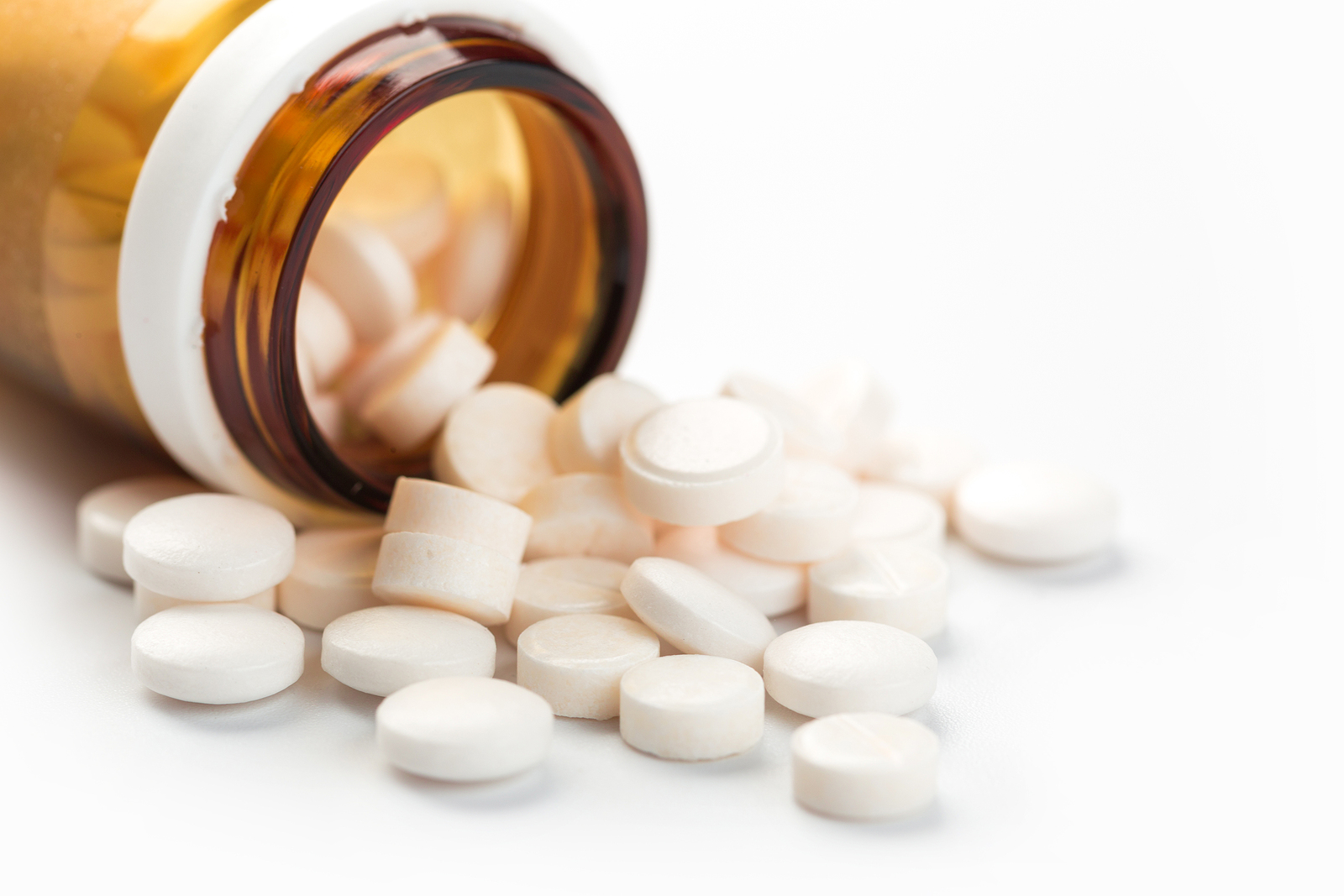A couple of weeks ago, I had to have surgery. Without going into the details, it was a minor procedure with two to three weeks of bed-rest recovery. Unfortunately, part of that recovery is weathering bouts of searing pain that last for hours at a time. And, as a recovering addict, physical pain is not a simple matter.
My doctor wrote me a script that included opioid painkillers without asking about my addiction history. That’s all-too-common. I didn’t get it filled, but there is a reason opioid addiction is such a huge problem. When you are in pain, there is nothing more effective.

During this recovery, there have been a few occasions on which I’ve been tempted to just get the pills. I know it’s a cure that would be worse than the disease, but the pain sometimes feels unbearable.
Non-addictive painkillers haven’t helped, and so I have had to learn other pain management techniques.
Here is what I’ve discovered.
Changing your relationship with pain
Much of what we learn in addiction recovery is that we need to change our relationship with our emotions in order to manage them. The same is true with physical pain. Physical pain serves a purpose. It tells you that there is something wrong.
As such, it dominates your mind. A tiny part of your body may be hurting, while the rest feels great, but your mind will fixate on the pain. The first step towards managing it is to recognize that it doesn’t have to be this way.
Yes, your body is telling you that the pain is all-important, but because you know that you have addressed it (or that it is part of the healing process) you can acknowledge this urgency and let it go. In itself, pain is not a bad thing, but our ingrained judgment makes it hard to bear. Instead of simply fixating on your pain, you can allow yourself to feel it without obsessing over the need to “fix” it.
This is much easier said than done. However, it is a major step towards weathering the storm. It won’t make the pain go away, but it can help you put it in perspective.
Which will take you to the next step.
Balance it with other sensations
In most cases, only a specific part of your body hurts. The rest of your body feels fine or even good. Because the pain is telling you to “fix” it, you forget about the rest of your body.
Try to move your mind to focus on the parts of your body that are not hurting. This is not to say you should ignore the pain. But, by noticing the rest of your body, you can prevent the pain from consuming every moment of your time.
Furthermore, you can absolutely do things to make the rest of your body feel good, whether taking a bath or getting a massage, to help you stop fixating on the pain.
Distract
As recovering addicts, we know that we sometimes use substances as a way to distract ourselves from emotional turmoil. We learn that distraction is just not an effective way of dealing with emotions.
However, that does not mean distraction cannot be used positively sometimes. Just as you can’t always face your emotional realities head on at all times, managing your pain in a mindful way is not always going to work. Distraction can help you weather the worst of it.
Watch something mindless on TV, listen to music, or play games. As long as you are not using substances to distract from the pain, you are doing great!
Pain is difficult for addicts to deal with. The most effective painkillers are just way too addictive. Managing pain for us requires a more intentional, holistic approach.




